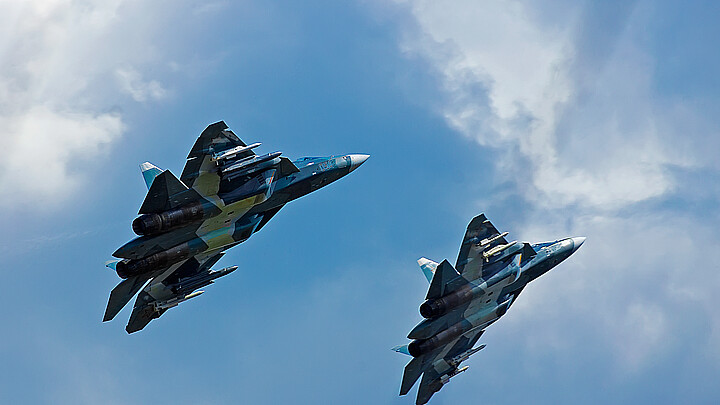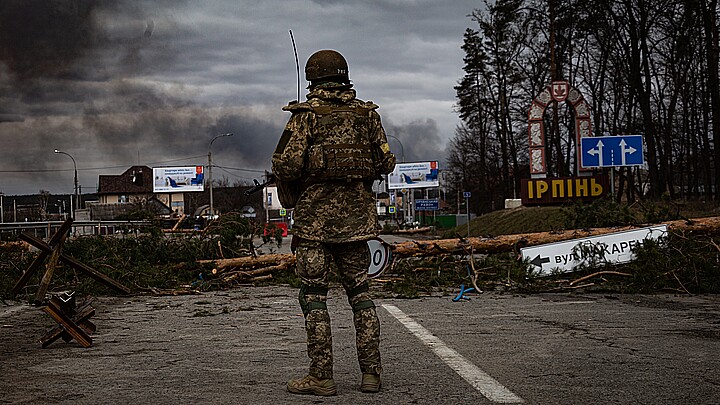Politics
Russia sends ultimatum to NASA, European, and Canadian space agencies
Several space projects that the United States and the European Union had with Russia have been canceled
March 29, 2022 2:49pm
Updated: March 29, 2022 4:44pm
The future of the International Space Station (ISS) has been at stake since Russia invaded Ukraine on February 24, prompting the West to impose heavy sanctions on the Eurasian country. Dmitri Rogozin, general director of the State Space Corporation "Roscosmos," reminded the West of the ultimatum Russia presented to its partners to lift restrictions on the space sector.
"March 31 is the last day for NASA, the European Space Agency (ESA) and the Canadian Space Agency (CSA) to respond to our request that they lift sanctions against two of our civilian companies," Rogozin said, referring to mechanical engineering research TsNIIMash and the Progress Space Rocket Center.
If its partners do not cooperate, Russia will not agree to continue with these agencies in the ISS extension projects until 2030. In that case, Roscosmos would only work with the rest of the world only until 2024 and then launch its own station, reported Semana.
Jefe de la agencia espacial de Rusia lanza una dura advertencia a Biden:
— CTANews 🌎 (From 🏠) (@CTAPeru) February 25, 2022
"Si bloquea la cooperación con nosotros, ¿quién salvará a la Estación Espacial Internacional de una salida de órbita descontrolada y una caída en Estados Unidos o... en Europa?" #UcraniaBajoAtaque pic.twitter.com/r9pwBUbxHP
Trip to Mars canceled
In recent weeks, several space projects that the United States and the European Union had with Russia have been canceled after they accused the Kremlin of starting an unjust war against Ukraine.
One of the most talked-about cases in recent days was ESA's decision to suspend ongoing cooperation with Roscosmos on the ExoMars rover mission with a launch scheduled for this year, according to EuroNews.
"The decision has been taken that this launch cannot take place given the current circumstances, especially the sanctions imposed by our member states. And this makes an ExoMars launch in September practically impossible, but also politically impossible," confirmed ESA Director General Josef Aschbacher.
"The lander is the element where the Russian technology is involved and this is needed in the current configuration. We have been asked to put technical studies in place now, to see what the options are and exactly what the options are in terms of Europe alone or Europe with other partners," he added.
This mission, which had already been delayed due to the COVID-19 pandemic, is now uncertain: the alignment of the planets blocks the firing window to Mars, which opens once every two years.









